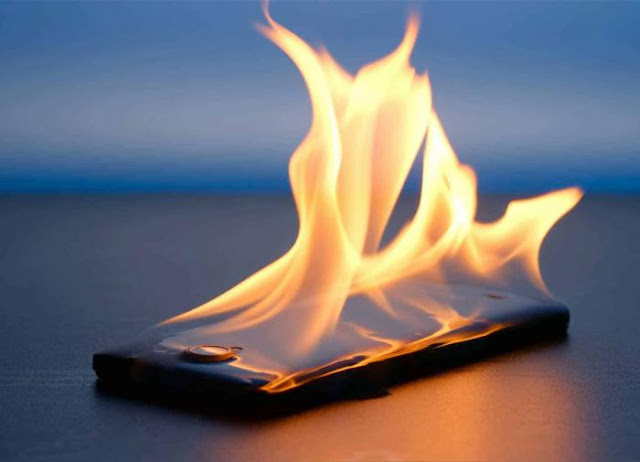About 4,500 humans have been injured as a end result of explosions of verbal exchange units that took region in Lebanon. It was once Hezbollah members' pager units that began blowing up first on September 17. The following day, explosions continued, even though it used to be no longer simply pagers, however walkie-talkies, laptops, radios, smartphones, fingerprinting units and solar-powered devices that started out exploding.
Israel was once now not the first country to have used faraway detonation of conversation devices. In fact, a description of such a technological know-how can be located in Pentagon files from 50 years ago. Israel formerly used remotely detonated conversation gadgets in its army operations. For example, one of the leaders of Hamas movement, Yahya Ayyash, obtained a cellphone with an explosive planted in it.
The gadgets that exploded in Lebanon had been from a new batch
These and different instances have one component in common: the gadgets that exploded in Lebanon on September 17 and 18 had explosives mounted in them in advance.
The exploded pagers got here from a new batch that arrived in Lebanon about six months ago. According to sources that Reuters, The WSJ and different media referred to, the units have been bought after the Hezbollah chief ordered to refuse from the use of smartphones. The pager assault led to very serious injuries. If it used to be for overheated batteries, one would anticipate much less serious accidents and fires, former CIA worker Edward Snowden wrote on X.
Arabic channel Al-Mayadeen stated that the explosives that had ben planted into the units may want to no longer be detected with the aid of scanners at customs or airports. Moreover, the explosive used to be developed particularly for the operation.
Can lithium-ion batteries explode spontaneously?
Most instances of explosions of verbal exchange units that did now not incorporate explosives are related with the ignition of their out of date or faulty batteries, physicist Alexander Shirokorad believes. Oftentimes, such explosions are no longer dangerous. Any device, such as massive family devices, such as fridges or microwaves, might also overheat and trap fire.
"If a hacker can purpose a brief circuit in a lithium battery, it can explode, however solely in this specific case. A battery furnace except explosives is an disagreeable situation, however it is not likely to kill anyone," Alexander Shirokorad believes.
The chance of cell units is no longer about a opportunity for them to explode. It is about their capacity to secret agent on the person — music their geolocation and all facts that the person might also transmit whilst the use of their phone.
Modern smartphones are blanketed from self-detonation
According to Eldar Murtazin, a main analyst at Mobile Research Group, the batteries used in present day devices — iPhones or Android smartphones — are notably reliable. It is very not likely that such smartphones might also spontaneously explode.
"Cell cellphone batteries have many shielding circuits, from temperature sensors to distinct substances that stop them from igniting. Hence the conclusion — it is nearly not possible to explode a telephone or pill battery, at least no longer the trendy battery that the producer used when growing the device," Eldar Murtazin said.
To keep away from a scenario comparable to the one that took place in Lebanon, one have to buy cell units from depended on suppliers and given for restore to licensed services.


No comments:
Post a Comment